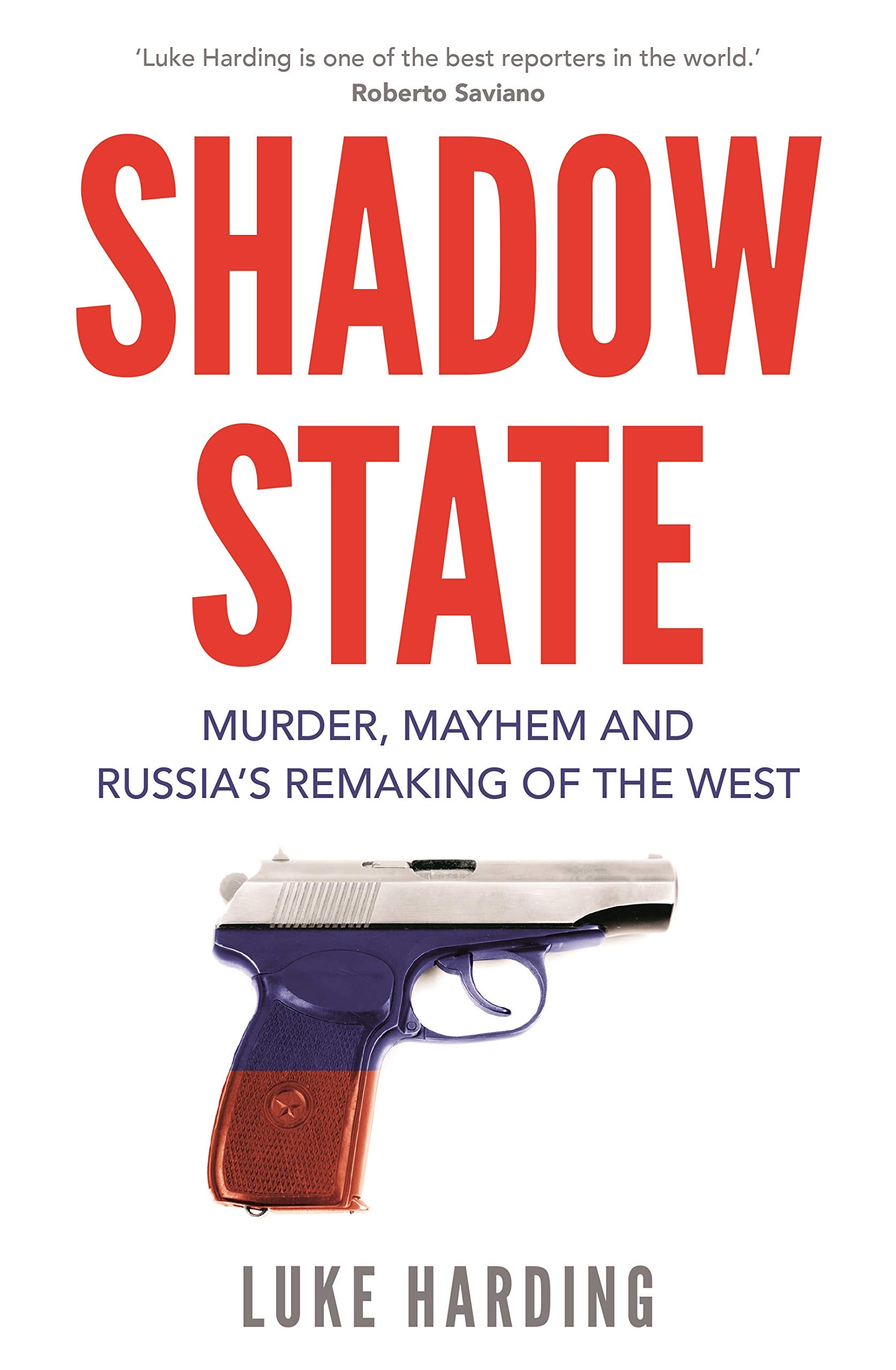What do you think?
Rate this book


341 pages, Kindle Edition
First published May 12, 2020
 The Apprentice: Trump, Russia and the Subversion of American Democracy , Luke Harding's excellent Shadow State details Russia's tactics conducted to extend Putin's strategy to continue the recreation of Russia as a superpower. It does this by reaching across and into every area and facet of world politics, diplomacy and commerce it [Putin] deems important.
The Apprentice: Trump, Russia and the Subversion of American Democracy , Luke Harding's excellent Shadow State details Russia's tactics conducted to extend Putin's strategy to continue the recreation of Russia as a superpower. It does this by reaching across and into every area and facet of world politics, diplomacy and commerce it [Putin] deems important.  The Apprentice: Trump, Russia and the Subversion of American Democracy if you are interested: https://www.goodreads.com/review/show...
The Apprentice: Trump, Russia and the Subversion of American Democracy if you are interested: https://www.goodreads.com/review/show...